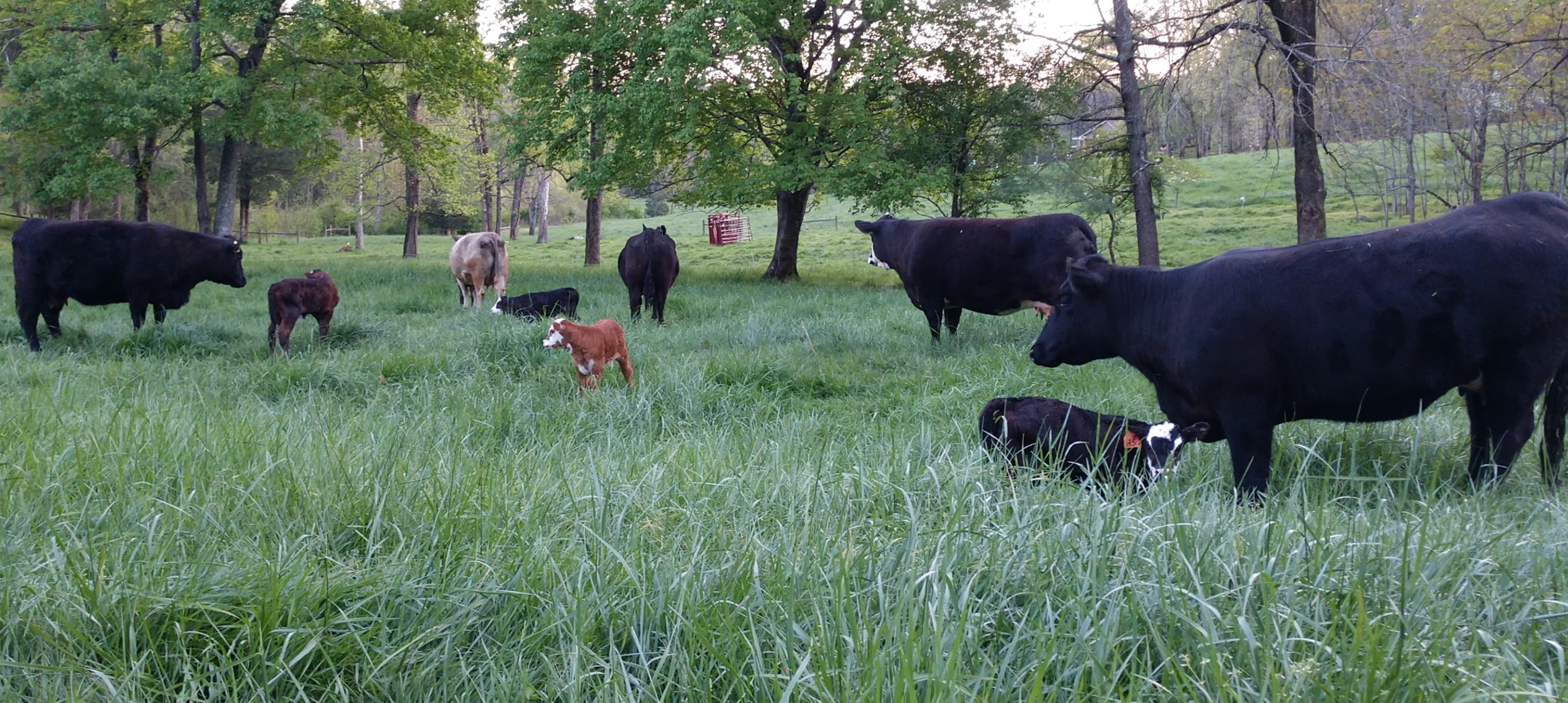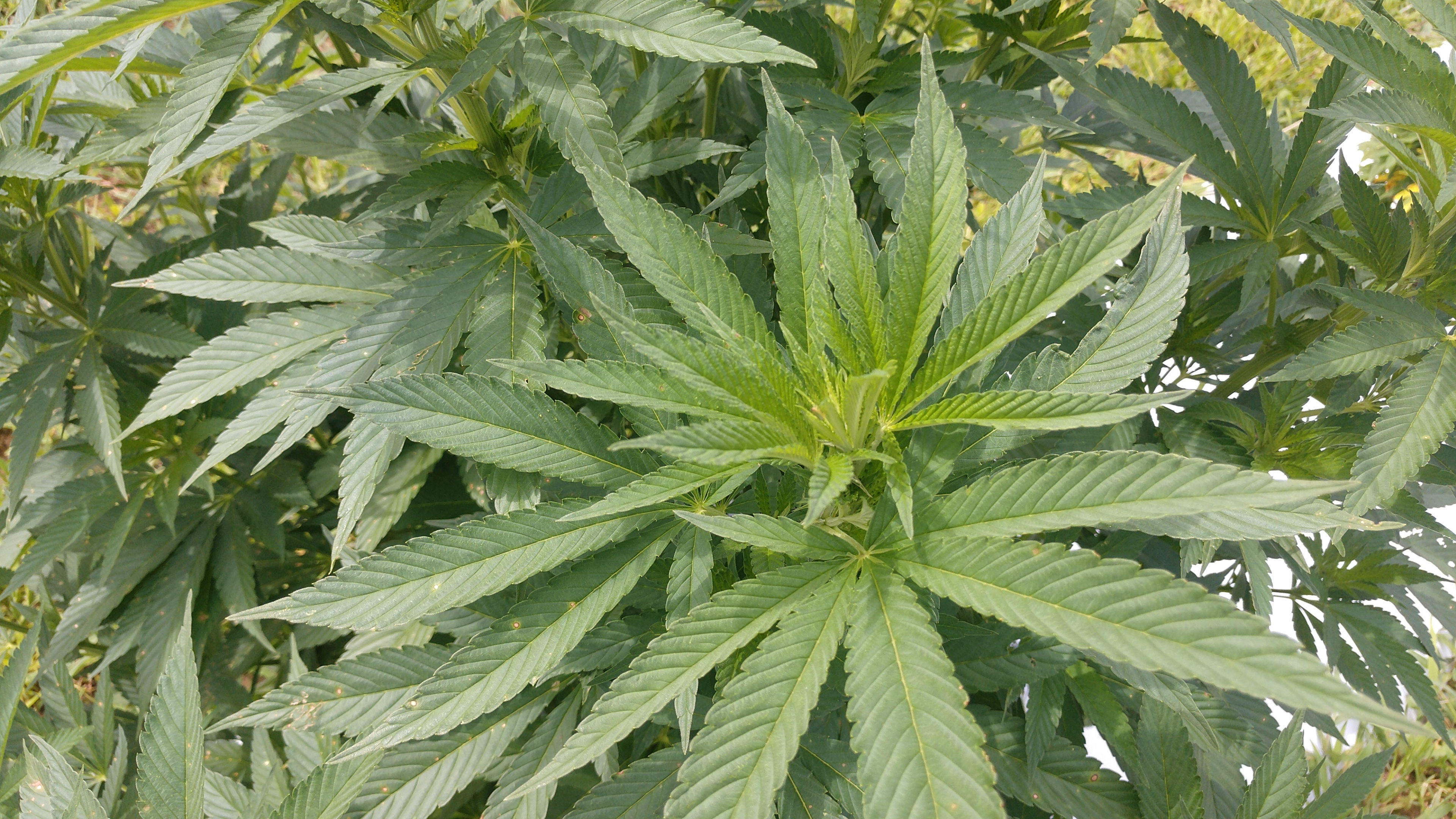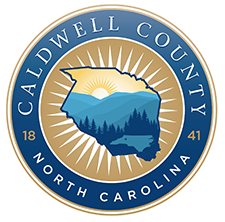Q&A With Seth – Help for Farmers and Ranchers, Hemp, China Seeds
go.ncsu.edu/readext?728155
en Español / em Português
El inglés es el idioma de control de esta página. En la medida en que haya algún conflicto entre la traducción al inglés y la traducción, el inglés prevalece.
Al hacer clic en el enlace de traducción se activa un servicio de traducción gratuito para convertir la página al español. Al igual que con cualquier traducción por Internet, la conversión no es sensible al contexto y puede que no traduzca el texto en su significado original. NC State Extension no garantiza la exactitud del texto traducido. Por favor, tenga en cuenta que algunas aplicaciones y/o servicios pueden no funcionar como se espera cuando se traducen.
Português
Inglês é o idioma de controle desta página. Na medida que haja algum conflito entre o texto original em Inglês e a tradução, o Inglês prevalece.
Ao clicar no link de tradução, um serviço gratuito de tradução será ativado para converter a página para o Português. Como em qualquer tradução pela internet, a conversão não é sensivel ao contexto e pode não ocorrer a tradução para o significado orginal. O serviço de Extensão da Carolina do Norte (NC State Extension) não garante a exatidão do texto traduzido. Por favor, observe que algumas funções ou serviços podem não funcionar como esperado após a tradução.
English
English is the controlling language of this page. To the extent there is any conflict between the English text and the translation, English controls.
Clicking on the translation link activates a free translation service to convert the page to Spanish. As with any Internet translation, the conversion is not context-sensitive and may not translate the text to its original meaning. NC State Extension does not guarantee the accuracy of the translated text. Please note that some applications and/or services may not function as expected when translated.
Collapse ▲This week I want to share three questions we received at the N.C. Cooperative Extension, Caldwell County Center. I hope you find these questions and their answers helpful.
Q: Cattle prices have been down since the coronavirus hit, is there any help?
A: Congress passed the Coronavirus Food Assistance Program (CFAP) earlier this year. This program is being administered by USDA through the Farm Service Agency. CFAP makes direct payments to farmers and ranchers. The program provides support for not only cattle, but other livestock such as sheep, goats, and pigs. The program also covers corn, wheat, and soybeans farmers as well as dairy, nursery, and aquaculture.

The Coronavirus Food Assistance Program (CFAP) provides direct payments to farmers because market prices are significantly lower since March. All cattle farmers in Caldwell County are eligible to apply.
However, the deadline to apply for assistance is September 11, 2020. For details or to apply visit CFAP or contact our local USDA Farm Service Agency office in Morganton at (828) 439-9727 ext 2.
Q: Is it legal to grow hemp and sell hemp products in North Carolina?
A: Hemp production has been legalized in North Carolina, but only as part of the state’s pilot program as allowed under federal law. The NC General Assembly passed Senate Bill 313 in 2015, allowing the Industrial Hemp Commission to develop the rules and licensing structure necessary to stay within federal laws. Currently, there are 17 licensed hemp growers in Caldwell County.
The Drug Enforcement Administration (DEA) published an Interim Final Rule in the Federal Register on August 21, 2020, to take effect immediately. It potentially has serious implications for the hemp industry, in particular for processors. It interprets the language of the 2018 Farm Bill to say that products derived from (legal) hemp are to be considered schedule 1 controlled substances if they exceed the 0.3% Delta-9 THC limit set by the Farm Bill – even if they are derived from hemp that itself falls within the legal limit.

Industrial hemp, with low THC content, has been legal to grow in North Carolina since 2015 with a license.
Tetrahydrocannabinol (THC) is one of at least 113 cannabinoids identified in cannabis. THC is the principal psychoactive constituent of cannabis.
The Interim Final Rule states, in part, “the definition of hemp does not automatically exempt any product derived from a hemp plant, regardless of the Delta-9 THC content of the derivative. In order to meet the definition of “hemp,” and thus qualify for the exemption from schedule I, the derivative must not exceed the 0.3% Delta-9 THC limit. As a result, a cannabis product that exceeds the 0.3% Delta-9 THC limit is a schedule I controlled substance. Even if the plant from which it was derived contained 0.3% or less Delta-9 THC on a dry weight basis.”
The agency is accepting public comments on this IFR. Comments must be submitted by October 20, 2020. Comments can be submitted electronically via the Regulations website.
Q: I received seeds in the mail from China that I did not order. What should I do with them?
A: First, don’t plant them. These seeds are part of an international internet scam known as “brushing.” The scammers use your address and Amazon information to generate a fake sale and positive review to boost their product ratings. The concern I have is these seeds could be a way to introduce new invasive species, insects, and plant diseases. And we really don’t need more “stuff” from China right now.
If you receive seeds from China, put them in a sealable plastic bag and drop them off to me at the N.C. Cooperative Extension, Caldwell County Center, 120 Hospital Ave Suite 1, Lenoir. We are working with the N.C. Department of Agriculture and Consumer Services, Plant Industry Division to help collect seeds that were delivered to local residents.




